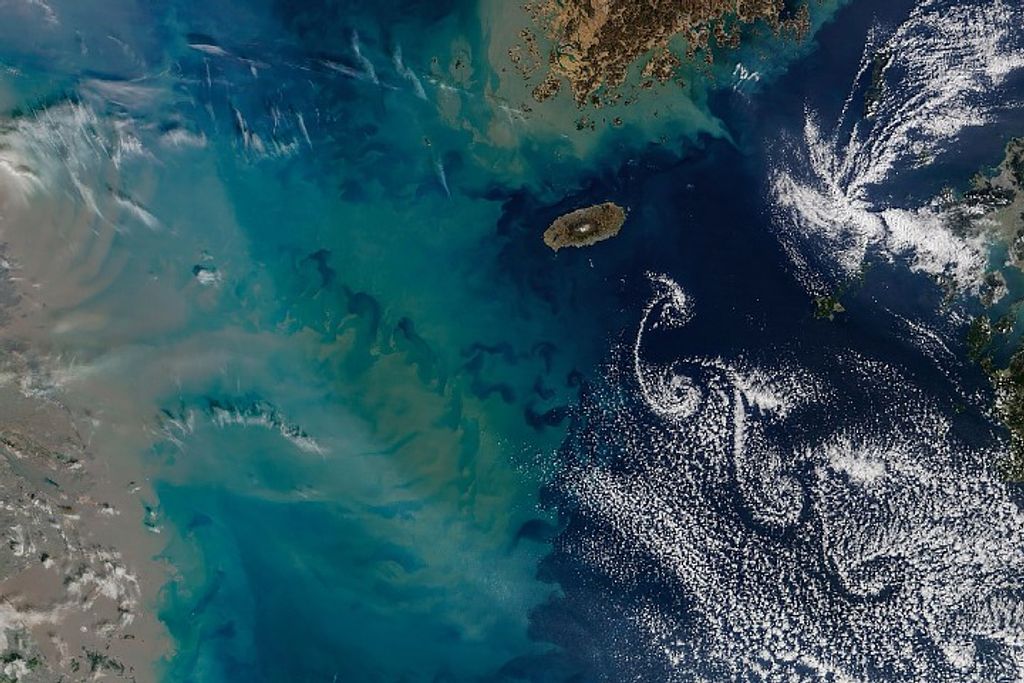Earth: Greenland’s Geologic Past
| Credit | NASA's Goddard Space Flight Center/Dan Gallagher/Ernie Wright |
|---|---|
| Language |
|
NASA scientists pioneered new techniques to effectively peer beneath Greenland's thick ice sheet and into the crust itself.
Transcript
We tend to think of Earth's landmasses as being fixed in place, but in reality they are attached to moving tectonic plates that constantly jostle for position, and slide over the more viscous mantle beneath.
Case in point: Iceland.
Volcanic eruptions are common on this young landmass, driven by the two tectonic plates that divide it, and by its location above a hotspot – an upwelling of magma that protrudes from deep in the mantle up to the crust.
This hotspot fuels Iceland's eruptions today, but millions of years ago it was situated beneath neighboring Greenland. Now, a NASA scientist and her colleagues have used anomalies in Greenland's crustal magnetic field to derive its geothermal heat flux.
The researchers also analyzed gravity data and other geophysical information to effectively peer beneath Greenland's kilometers-thick ice sheet and into the crust itself.
What they found was a thermal track in Greenland's bedrock that records the motions of a continent over geologic time.
Greenland is part of the North American tectonic plate. For tens of millions of years, the plate's movement pushed Greenland over the hotspot. When the hotspot emerged at the Denmark Strait, it began raising the seafloor to form Iceland.
Today, a channel of warm bedrock marks the ancient path of the hotspot – a reminder that nothing stands still over geologic time, and that even the largest landmasses are constantly being reshaped by our dynamic planet.

























